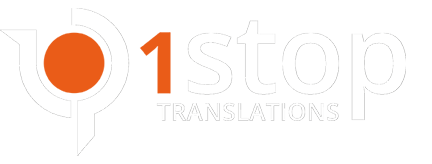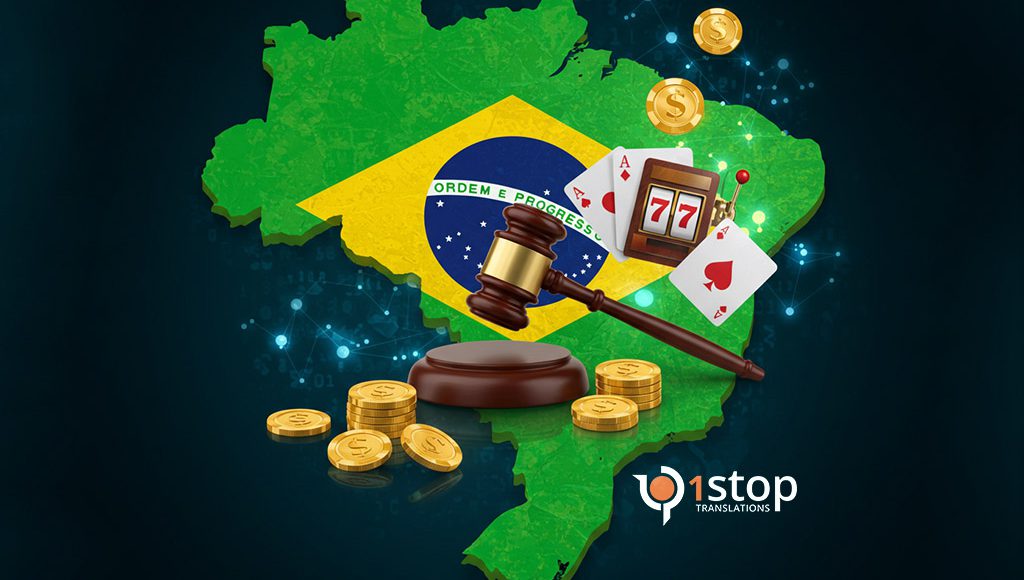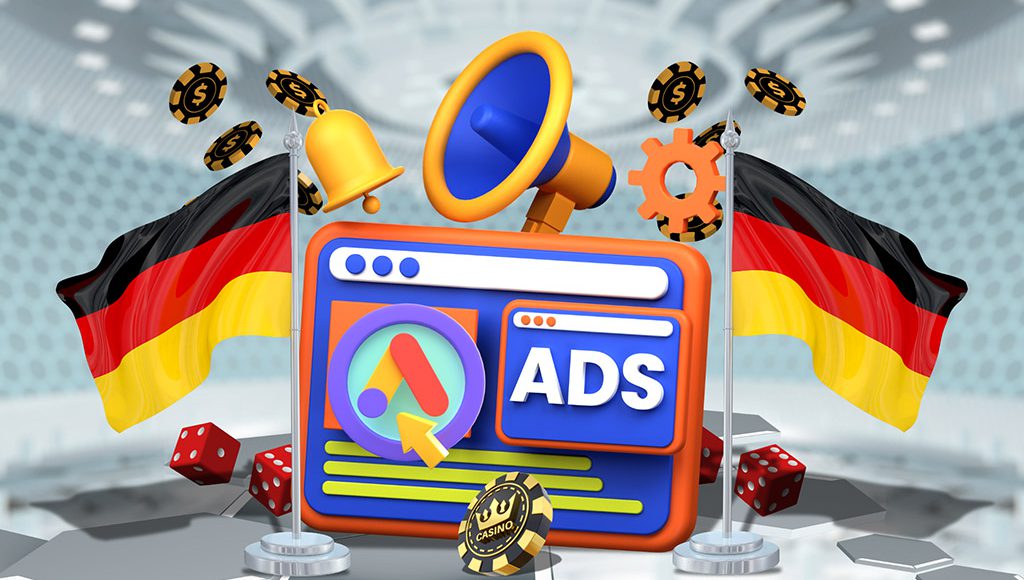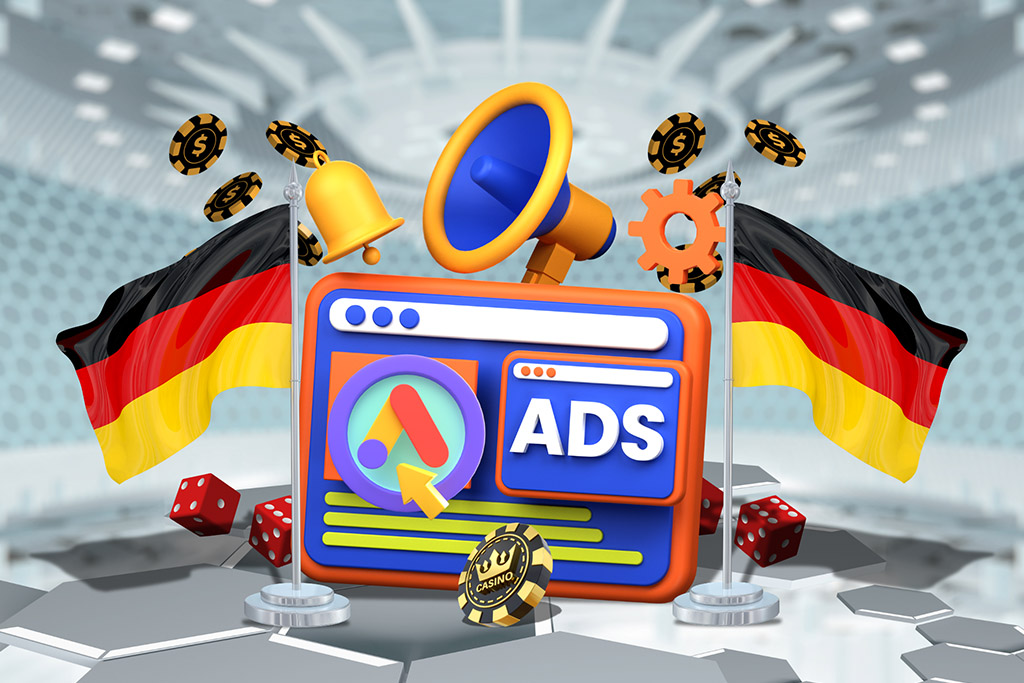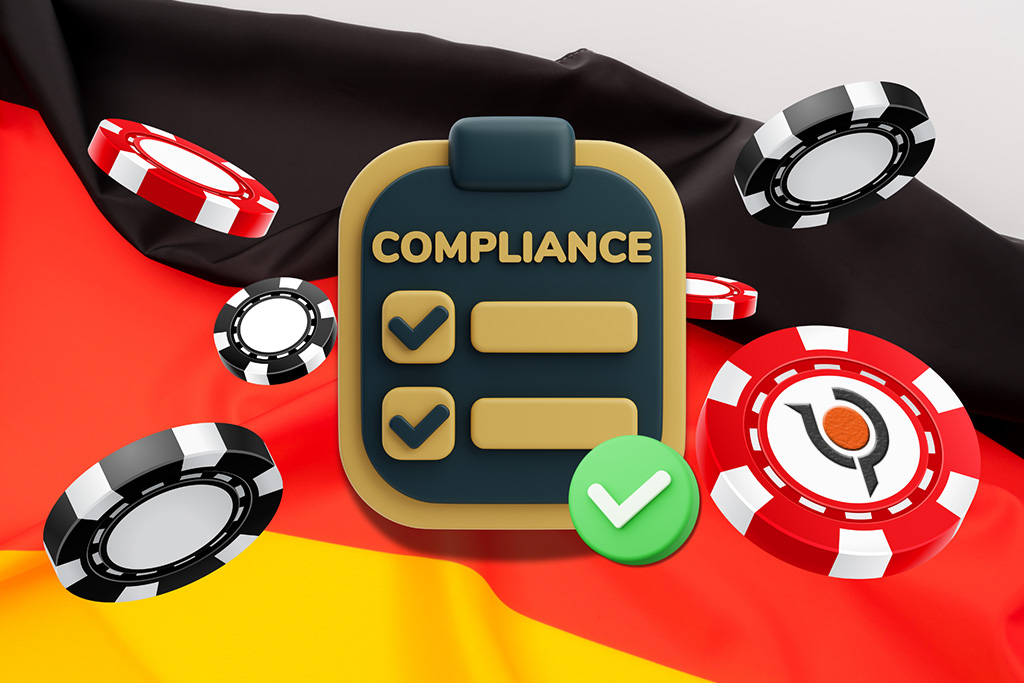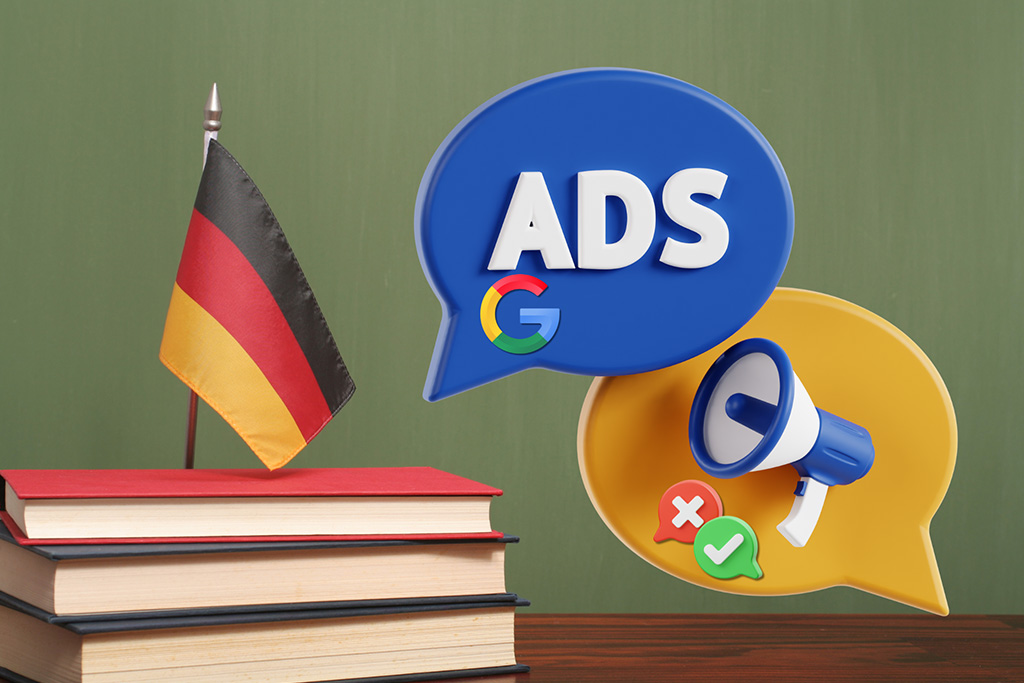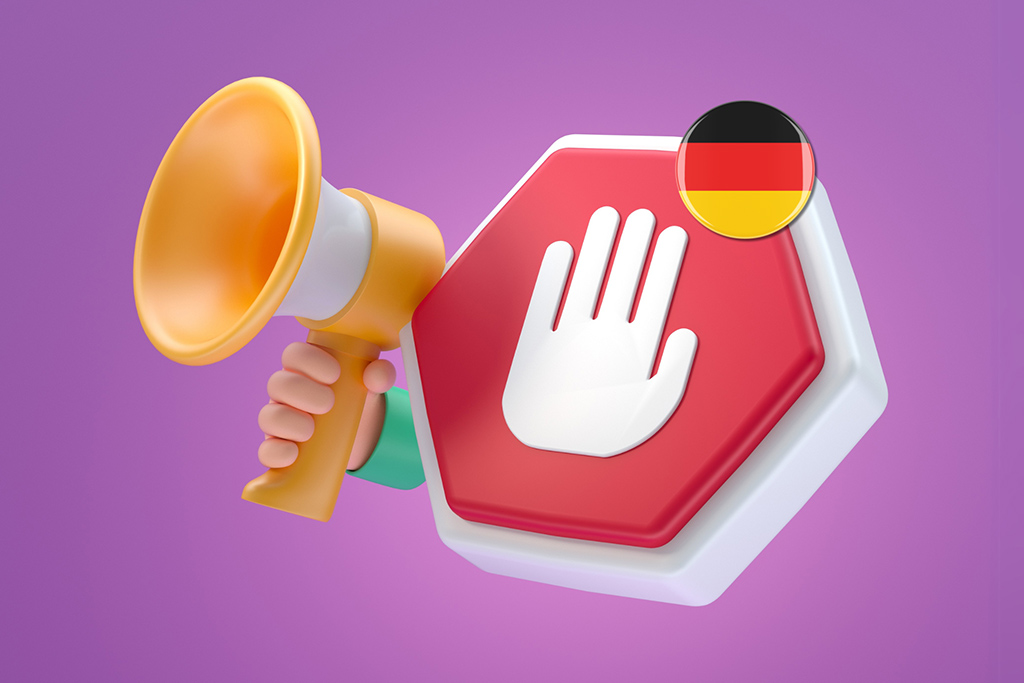The new Brazilian policy against iGaming bonuses and ads
Brazil’s iGaming market is experiencing a seismic shift. As the third largest sports betting market in the world, the country has witnessed exponential growth in recent years. This expansion, while fuelling economic opportunities, has also given rise to serious concerns.
4 minutes – read
The rapid boom in betting has led to a surge in gaming addiction, causing financial hardship among vulnerable populations. Moreover, the COVID-19 pandemic intensified these challenges by accelerating aggressive advertising and sponsorship across the sector. In response, the Brazilian government is rolling out strict measures designed to safeguard consumers while ensuring that the market evolves in a responsible and transparent manner.
These initiatives include the implementation of facial recognition systems for player verification, the consolidation of betting transactions into a single bank account, and the establishment of a government-controlled domain exclusively for legal betting sites. In parallel, the Senate has launched an investigation into betting companies to address issues like tax evasion, money laundering, and the undue influence of certain iGaming influencers.
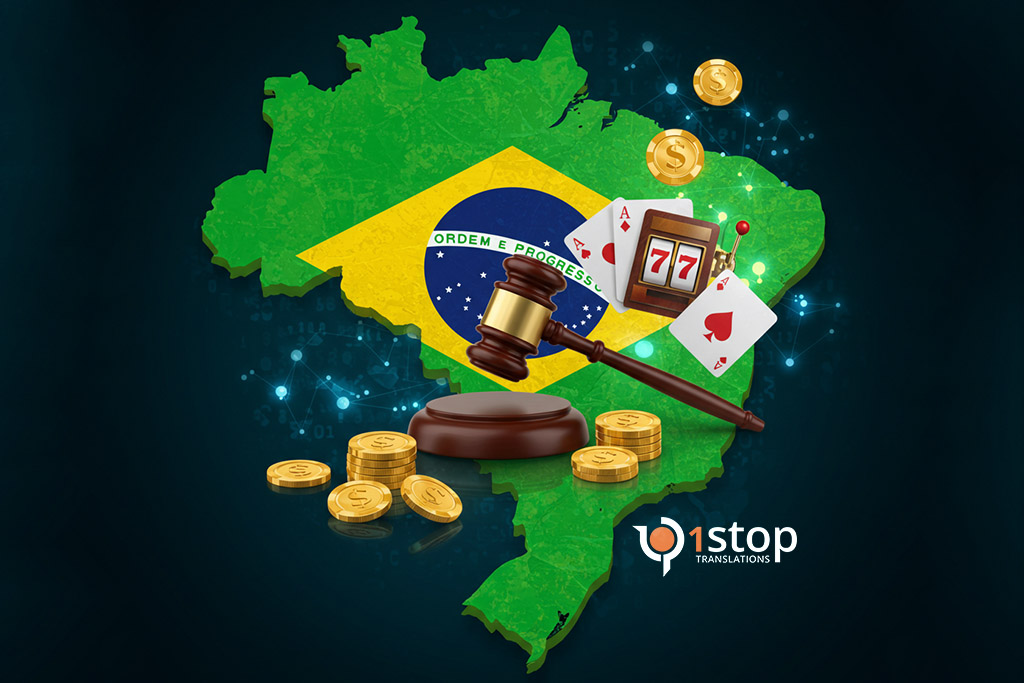
These developments are reshaping the landscape for all stakeholders involved in iGaming Brazil, from operators and digital marketers to professionals specialising in iGaming content service and iGaming SEO. Companies operating in this space now face the dual challenge of adapting to new legal frameworks and rethinking their marketing strategies to comply with rigorous iGaming regulations.
Regulation of Sports Betting and bonus restrictions in Brazil
On 30 July 2023, a landmark decision was made when President Luiz Inácio Lula da Silva signed a provisional measure to implement Law No. 13,756 of 2018. This measure legalised sports betting nationwide and set forth a robust framework for regulating the industry. A key provision of the law is the imposition of an 18% tax rate on all betting activities—a move that aims to ensure transparency and generate public revenue from the burgeoning sector.
Perhaps the element of this new regulation with the biggest impact is the strict restriction on marketing practices employed by betting companies. One such measure is the elimination of welcome bonuses, which have traditionally been a mainstay tactic for attracting new customers in the on-line casino Brazil space. Prominent platforms like Estrelabets, bet365, and Sportingbet have already begun to remove these bonuses from their promotional offers to align with the new legal requirements.
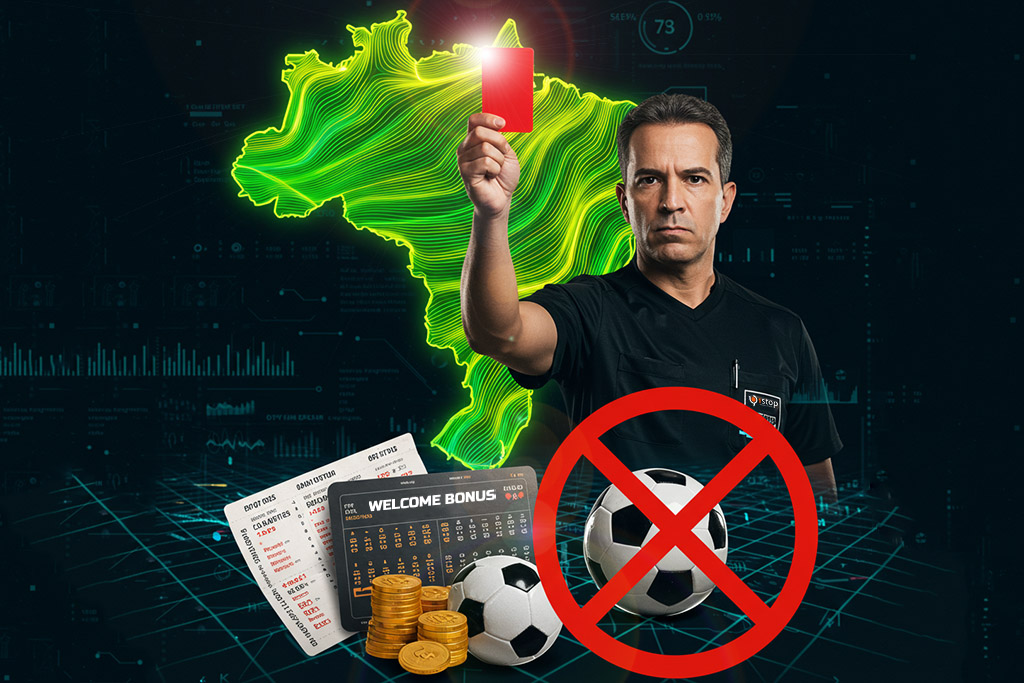
For industry professionals, this shift requires a fundamental rethink of marketing strategies. The removal of welcome bonuses means that companies must explore alternative ways to entice potential customers without resorting to aggressive incentive schemes.
It also underscores the importance of clear and accurate communication—a challenge that calls for advanced iGaming translations and top-notch iGaming content service to ensure that all promotional material is both compliant and compelling.
The evolving regulatory environment demands that every aspect of iGaming marketing, from ad creation to influencer partnerships, aligns with the overarching aim of protecting consumers and curbing harmful practices.
Legal action against influencers promoting gambling on YouTube
In a parallel effort to rein in misleading advertising, the Brazilian Ministry of Sports, working through the National Secretariat for Sports Betting and Economic Development of Sports (SNAEDE), has taken decisive legal action against deceptive on-line content.
Recent investigations have uncovered more than 53 YouTube accounts that were promoting gambling with exaggerated claims of easy money. Such misleading promotions have been a major factor in the rising tide of gambling addiction, particularly among impressionable audiences.
In light of these findings, the Ministry of Sports has formally requested the intervention of the Ministry of Justice and Public Security to counter these practices. This request specifically targets influencer-driven campaigns that disseminate false promises and unethical messages about gambling.
The involvement of federal police is being sought to ensure a comprehensive crackdown on these practices, which could potentially undermine consumer trust and exacerbate financial vulnerabilities.
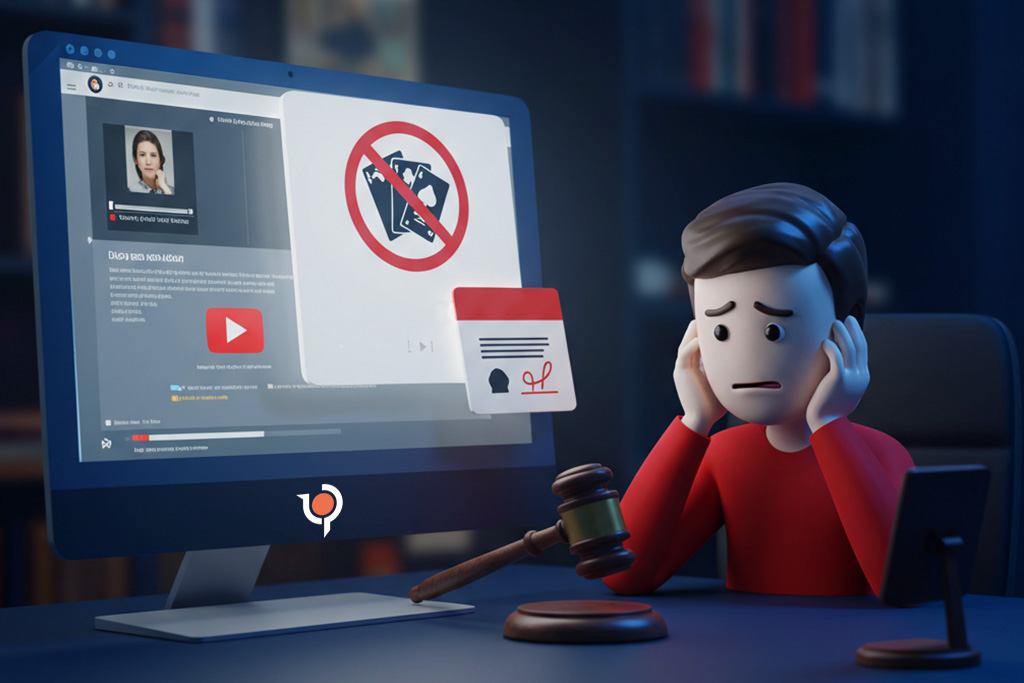
This legal initiative signals a broader commitment by Brazilian authorities to hold iGaming influencers accountable for their role in promoting potentially harmful behaviour. For those involved in iGaming marketing, this development highlights the need for strict compliance with ethical advertising standards.
Whether you’re managing influencer collaborations or developing on-line campaigns, aligning with the latest iGaming regulations is crucial. Digital marketers must now re-examine their strategies to ensure that they not only boost visibility through effective iGaming SEO but also foster responsible messaging that resonates with a more discerning audience.
Implications of the new policy for iGaming marketing in Brazil
The implications of these sweeping changes extend far beyond regulatory compliance—they are poised to redefine the very nature of iGaming marketing in Brazil. The COVID-19 pandemic acted as a catalyst for a massive surge in on-line gambling activity.
With many turning to digital platforms during lockdowns, aggressive advertising and sponsorship deals became commonplace, inadvertently contributing to a spike in on-line gambling addiction. Recognising these risks, the government’s new measures are not only punitive but also protective in nature.
One of the cornerstone measures is the introduction of facial recognition systems to verify player identities. This technology aims to prevent underage gambling and reduce fraud, thereby ensuring that only eligible and verified users participate in betting activities.
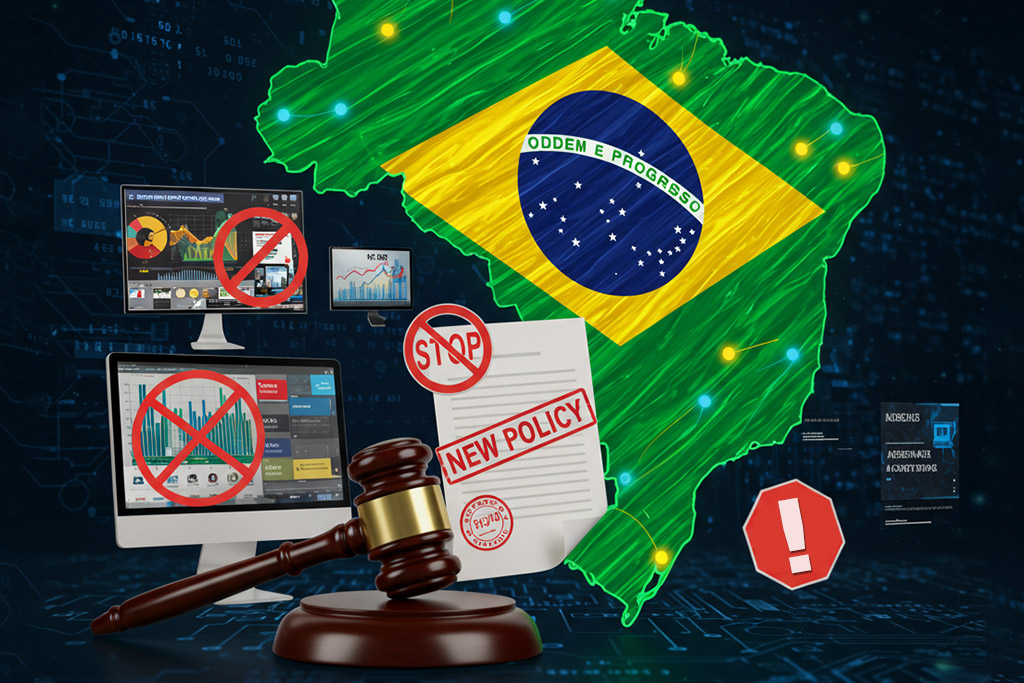
Coupled with the requirement for all transactions to be funnelled through a single bank account, these measures are designed to enhance transparency and make it easier to monitor betting activities. Additionally, by creating a government-controlled domain for legal betting sites, the authorities are taking a proactive step in curbing access to unauthorised platforms.
The Senate’s investigation into betting companies further underscores the government’s commitment to tackling deeper issues such as tax evasion, money laundering, and unethical influencer marketing. These efforts are expected to force companies to refine their operational and marketing strategies, thereby ensuring that all practices are in strict compliance with the new regulatory framework.
For digital marketing professionals, the emphasis now lies in developing strategies that are innovative yet compliant. Investing in sophisticated iGaming SEO techniques and leveraging high-quality iGaming translations will be essential to maintain a competitive edge in this rapidly evolving environment.
Conclusion
Brazil is at a pivotal moment in its iGaming evolution. The new policy against iGaming bonuses and aggressive advertising marks a decisive step toward creating a safer and more transparent market.
With comprehensive iGaming regulations in place, operators, digital marketers, and influencers alike are compelled to adopt more ethical practices that prioritise consumer protection over short-term gains.
For businesses seeking to succeed in iGaming Brazil, the road ahead demands strategic adaptation. Embracing robust digital marketing solutions—whether through refined iGaming marketing tactics, enhanced iGaming SEO practices, or premium iGaming translations—will be critical to navigating this complex landscape. By aligning your operations with the latest policies and industry standards, you can not only avoid the legal pitfalls but also position your on-line casino Brazil for long-term success.
Are you ready to transform your approach to digital marketing in the iGaming sector? Contact us today to learn about the best digital marketing solutions and strategies tailored for the iGaming industry. Let us help you promote your on-line casino in Brazil while ensuring full compliance with the new policies and regulations for iGaming advertising.
Need a quote? Click here
